By Eric Ruble
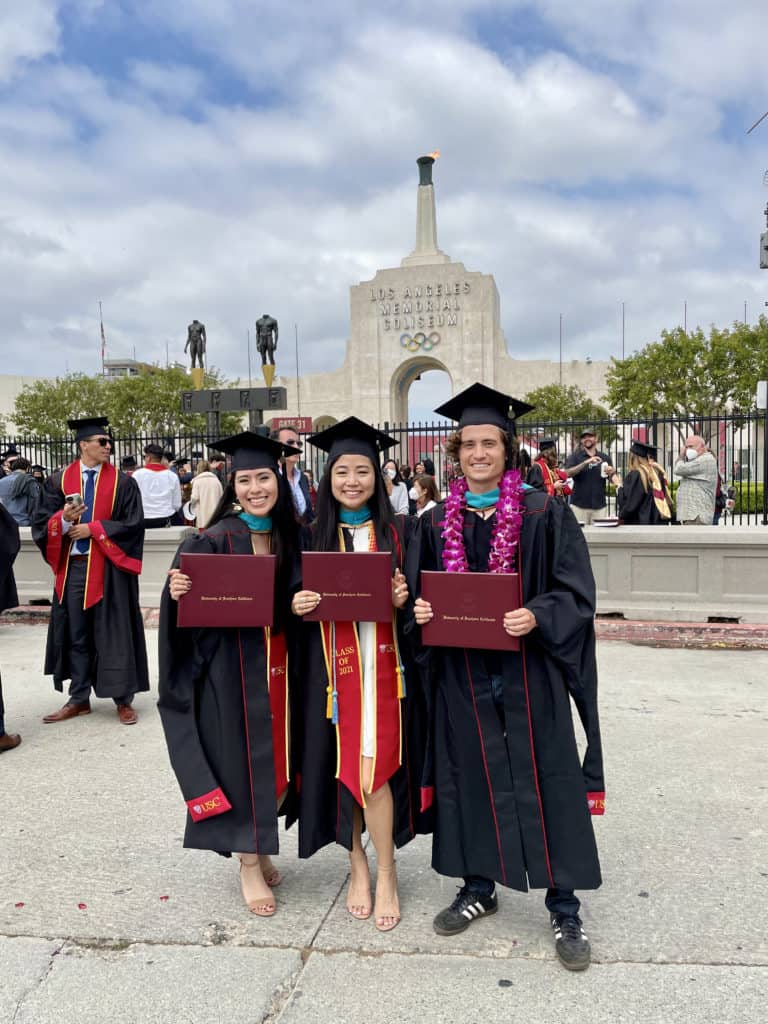
Price’s master of public policy (MPP) students have a chance to put their education into action by working with real-world companies and organizations on complex challenges and proposing tangible solutions. Each year, select students are honored with the Robert P. Biller Award. Our 2021 recipients and honorable mentions issued data-based guidance that could lead to long-term benefits for Californians.
Award winners seek to improve access for community college transfers
California’s four-year colleges and universities want to recruit more community college students, but there is a lack of awareness of the Associate Degree for Transfer (ADT) program.
Enter Walker Adams, Katie Lee, Jiecong Li and Mariana Garcia Medina. The four MPP grads were given the Biller Award for the practicum they created for their client, the Association of Independent California Colleges and Universities (AICCU).
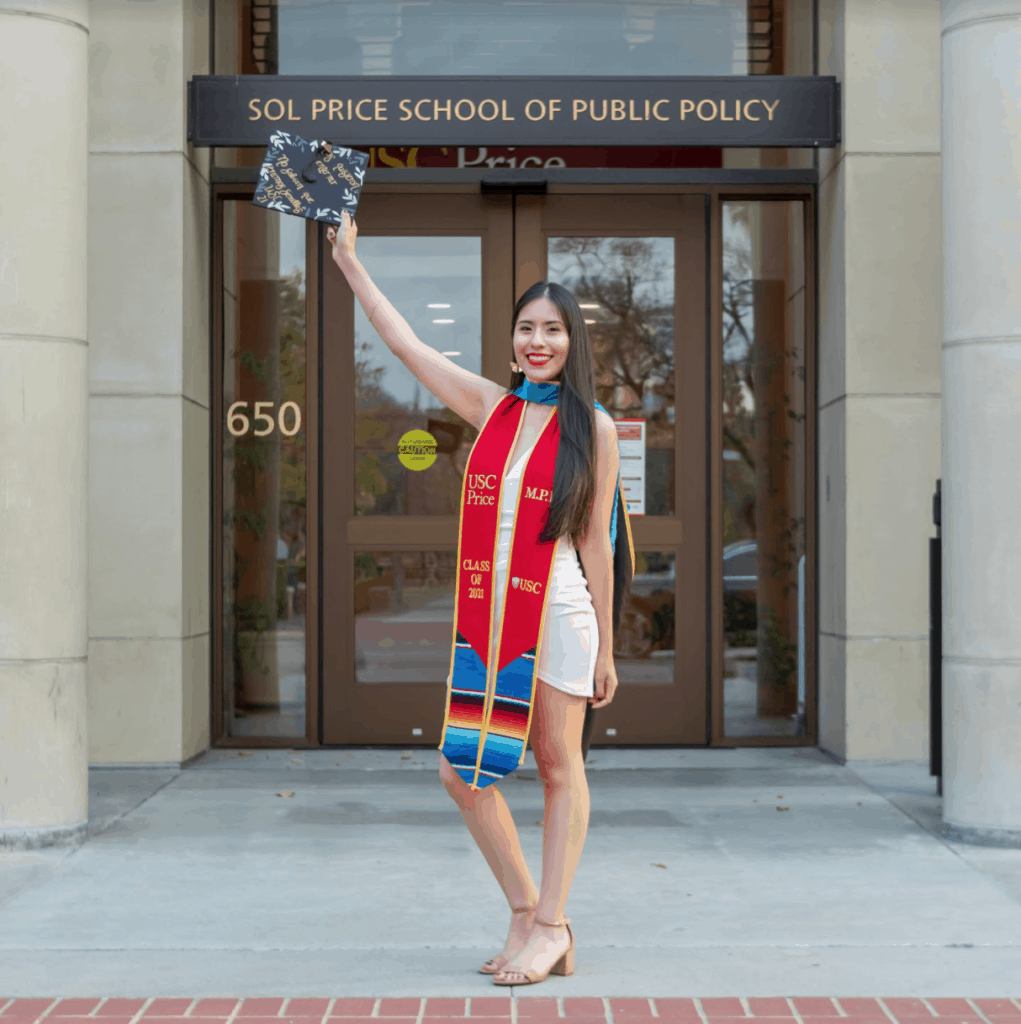
The team found that while the ADT program – designed to make transferring from a community college to a CSU or UC easier – has improved the perception of accessibility and increased its number of transfers, overall community college transfers declined during the early years of the program, which began in 2012. Many prospective transfer students were found to be unaware that the state’s major private institutions (part of the AICCU) are included as well.
The team encountered a challenge immediately after beginning the project: there was very little information that tracks the success of the ADT program. “We had to get pretty creative with our qualitative research,” Lee said. “We were really on top of reaching out to experts in the field – administrators, legislators – to have conversations with them. That was the bulk of our research collection.”
The client was in their corner. The AICCU connected them with stakeholders to interview and helped them design survey questions. “We were really fortunate to have a client that facilitated so much of the research process,” Adams said.
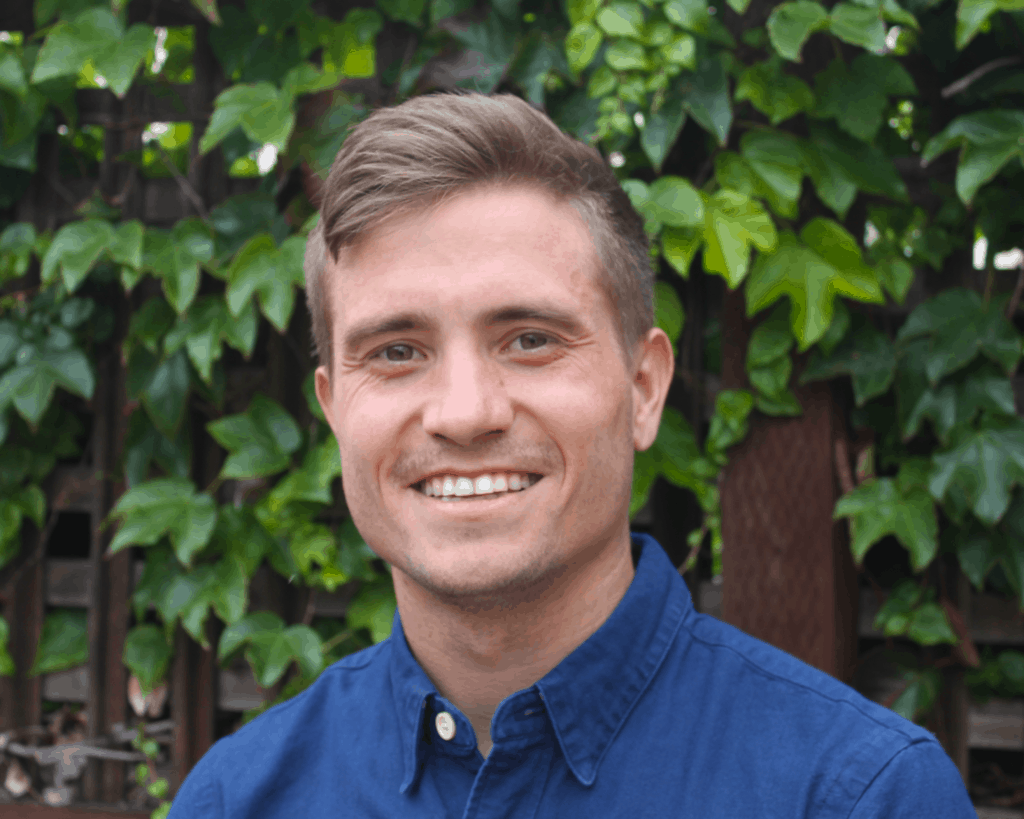
Students were in complete control. “We’re used to having rubrics and having structure, so it was a challenge to take a lot of initiative and work together to try to really narrow it down,” Garcia Medina said. The students also had an ally in their faculty advisor, Professor Grace Bahng.
“She has high standards for students and for work! But as we took those recommendations, it helped us transform our paper into a much more impactful product,” Garcia Medina said.
The group made several recommendations to the AICCU. Chief among them: better student advisement practices. The team discovered one reason students don’t consider transferring to private institutions is because they learn about that option too late in the application process. They suggested contacting prospective students earlier.
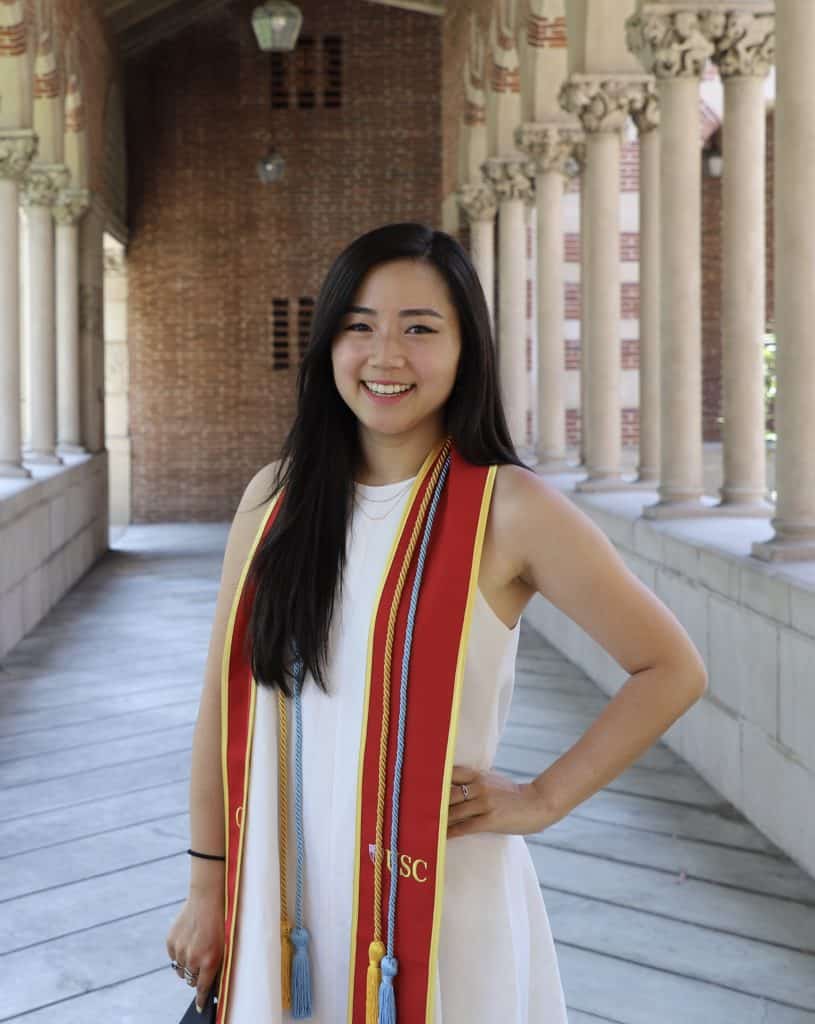
Adams said the group’s close relationship with the AICCU makes him confident the association will implement new practices based on their findings. And while the project has obvious benefits for the association, the new graduates gained skills they’re eager to apply in their careers. Garcia Medina, for example, said the project improved her ability to synthesize data into a recommendation.
“Now I better understand how I can use those skills in the work setting, bring them forward, and also how to sell them in the job hunt,” she said.
An effort to electrify could hurt low-income communities
Los Angeles could be powered by 100% renewable energy within 25 years, but that massive undertaking isn’t simply a technological challenge – it also has economic and social ramifications which could disproportionately impact the poorest Angelenos.
Jack Pang, Henry Pines, Tim Smith and Dongxuan Zhao were given the Biller Award honorable mention for their project for the Southern California Gas Company. Their research found that well-intentioned plans to switch to clean energy could have negative impacts on Southern California’s low-income communities.
From the start, the team had a goal to make its research digestible. Instead of a more traditional executive summary, they produced an interactive dashboard where users can learn more about programs in their community.
“There are now people who feel like they can have those conversations in a data-informed way,” Smith said.
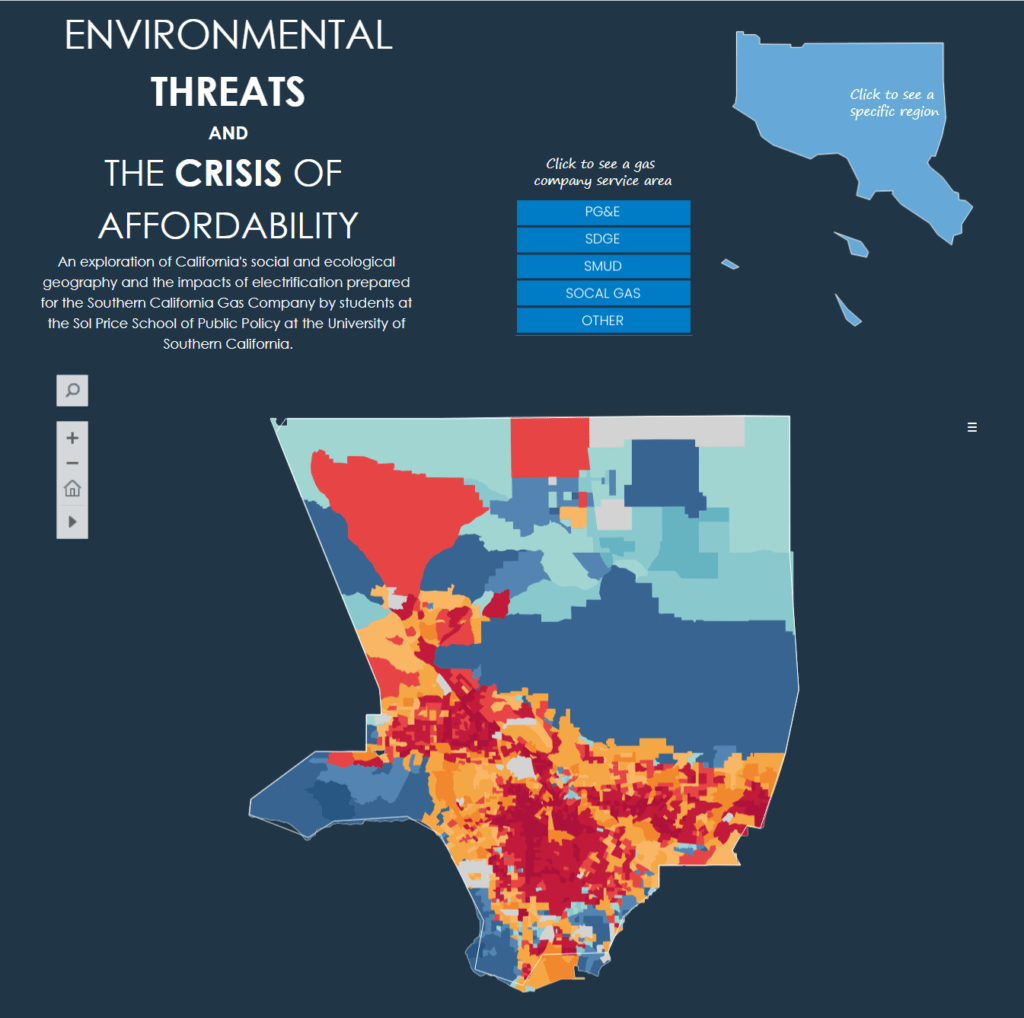
The team focused on 10 cities facing a variety of environmental and affordability challenges.
“I find the intersection of pollution and racial inequity is so profound, and our data — our dashboard – really showed how massive the issue is,” Pines said.
Indeed, their research found 64% of Hispanic Californians and 60% of Black Californians live in “dual crisis communities,” which face both affordability and environmental crises. Notably, they are far more subjected to industrial pollution. “It’s such a profoundly high number,” Pines said. “I don’t think most people realize the problem is that bad.”
The team was surprised to find that SoGal Gas is keenly interested in how policy impacts different income and racial groups. “They understood that when we talk about income, frequently, we’re also talking about race,” Smith said.
The team said its faculty advisor, Vice Dean Juliet Musso, provided a wealth of real-world knowledge while guiding them through the project.
“The ideas she came up with were really based on experience and solved a lot of the issues we had,” Pang said.
The project also provided a chance for the team members to explain equity issues to groups who may not be accustomed to such conversations.
“I really appreciated this as a way of honing in my craft of explaining equity-related data,” Smith said. “As a white guy, we often see it as someone else’s job to explain that information. But we have to be a lot more comfortable broaching topics of equity in mixed settings.”
Both practicum groups are now leaving USC with new perspectives and a heightened sense of how in-depth research can generate meaningful change – tools that will be undoubtedly useful as they continue their careers.